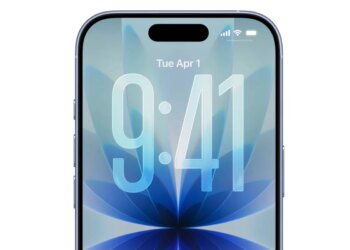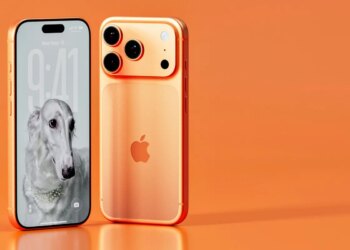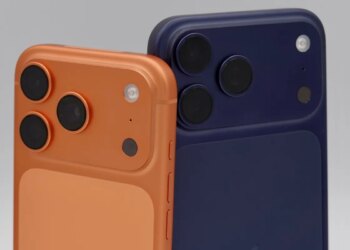Select Language:
In the summer, Adobe introduced the Indigo camera app as a response to complaints about the artificial appearance of typical smartphone photos, including those captured with Apple’s default Camera app. Indigo emphasizes minimal processing to deliver a more authentic, natural look, with many users comparing its output to that of a DSLR.
Despite its popularity, the app remains unsupported on the latest iPhone models, including the iPhone 17, even weeks after their release. Adobe has briefly addressed this issue and outlined their next steps.
A short announcement posted on Adobe’s community forum was spotted by Reddit user Recent_Studio_1686. Adobe explained, “Hello everyone—thank you for your patience regarding iPhone 17 support. We’re actively working on it but encountered some challenges, particularly with the front camera. We’ve reported these to Apple, who will address them in iOS 26.1. However, until then, we may need to disable the front camera in Indigo. Meanwhile, we’ve made improvements for iOS 26 compatibility across all devices, and we anticipate releasing an update soon that supports rear cameras on the iPhone 17 series.”
While I missed Indigo’s initial launch, The Verge reports that it has garnered a dedicated following. The app is praised for its natural processing, contrasting with the typical smartphone camera aesthetic. Developed by a team led by Marc Levoy—known for his work on Google’s Pixel camera and computational photography—Indigo is currently available only on iOS, with Android support still in development. Levoy has previously mentioned that Android compatibility is “definitely on the want list,” though it remains technically challenging. It’s anticipated that iPhone 17 users may see Indigo support before Android users.
My early impressions suggest Indigo is worth trying, and I plan to provide a detailed review in the coming weeks.
Photos: Adobe







